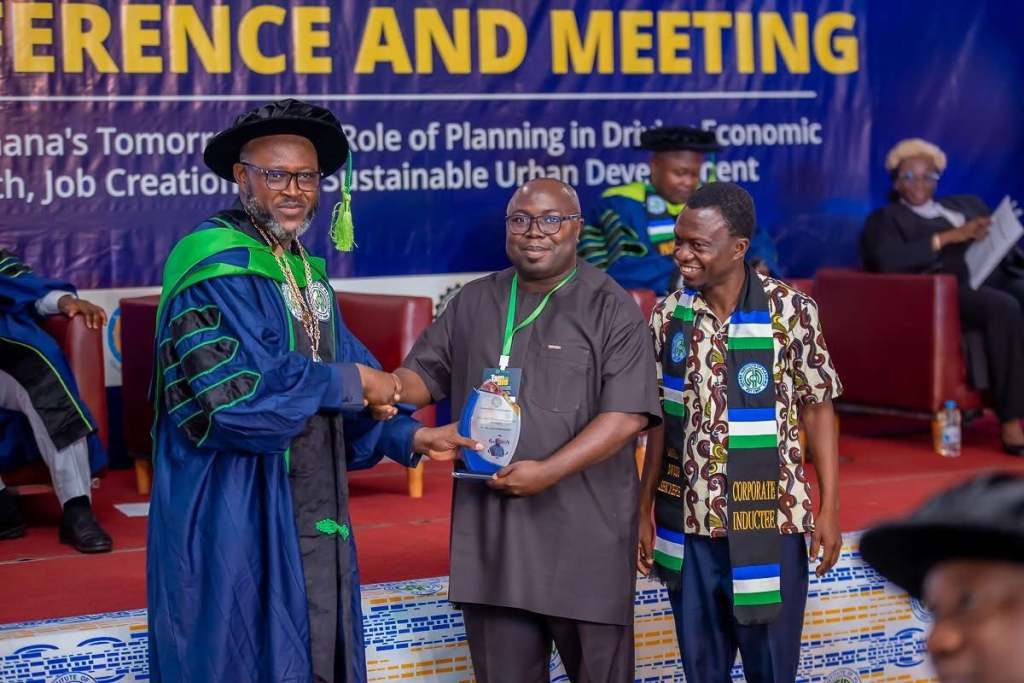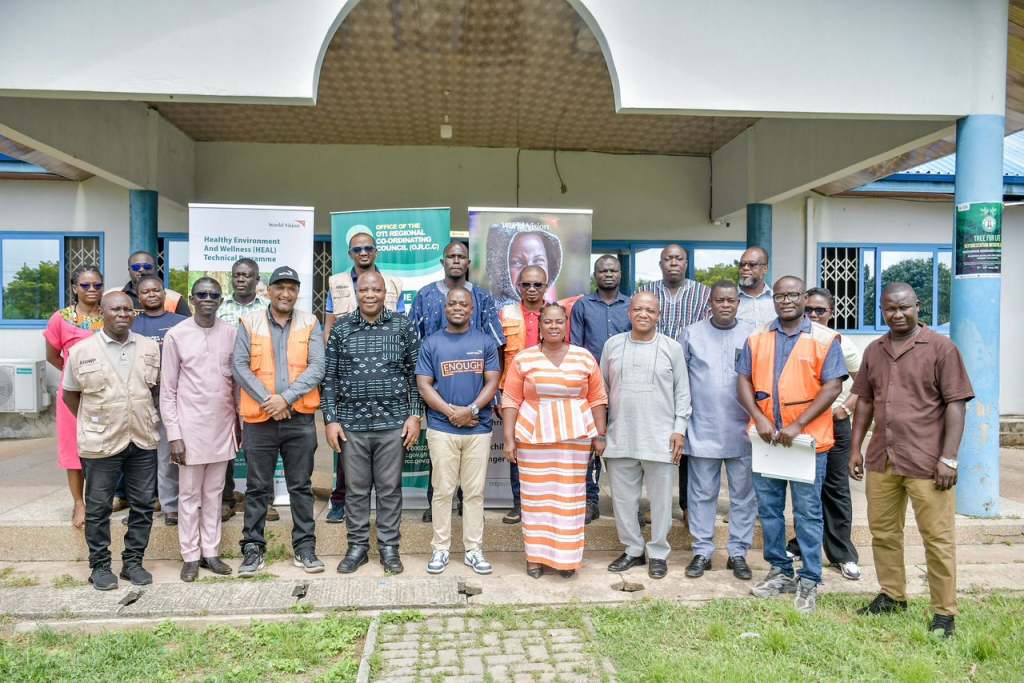Welcome to OTI RCC
The Oti Region is one of the six new administrative regions in Ghana created in 2019 following successful referenda Conducted in certain parts or areas in Ghana in December 2018. The Constitutional Instrument (CI 112) of 2019 established the town of Dambai, located in the Krachi East Municipality, as the Capital of the Region.



Latest news

ORCC’S ECONOMIC PLANNING OFFICER GRABS GIP AWARD
The Regional Economic Planning Officer at the Oti Regional Coordinating Council (ORCC), Rev. Isaac Asante Wiafe, has been honoured...

STRENGTHENING PARTNERSHIPS FOR SUSTAINABLE DEVELOPMENT IN OTI REGION.
The Oti Regional Coordinating Council (ORCC) on Tuesday hosted a brief but impactful ceremony at the Regional Minister’s Office ...

REGIONAL INVESTMENT ROADSHOW IN OTI
As part of efforts to promote sustainable development and attract both local and foreign investments to the Oti Region, the Ghana ...
Minister’s Statement
The objective for the Creations of the new regions including the Oti Region is for accelerated development.
The region has huge potential for development especially in Agriculture, Tourism, Industrialisation hospitality among others.
I wish to use this medium to invite investors to the region. The Regional Co-ordinating Council has dedicated Cadre of Local and Public Servants poised to execute the agenda of the region.
Our partners

